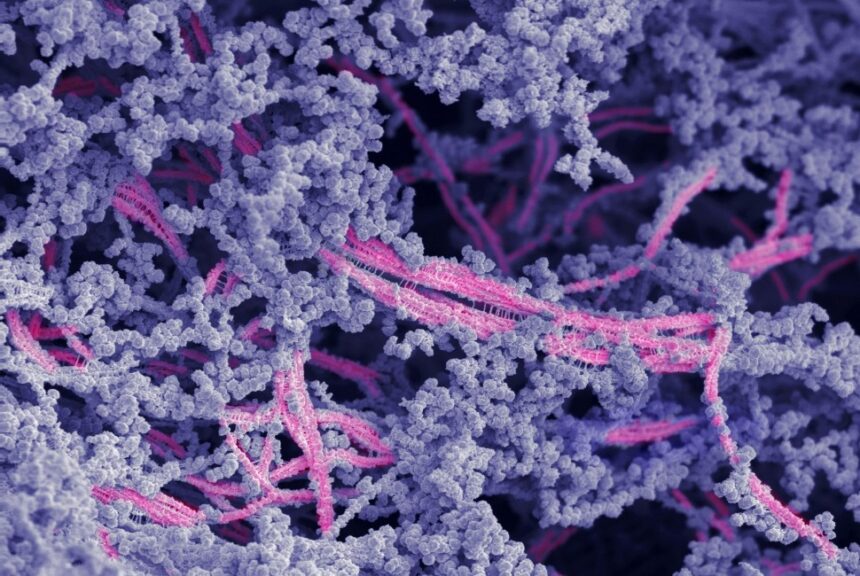A new biomaterial has been developed by researchers at Northwestern University that shows promise in regenerating damaged cartilage in joints. This innovative material could potentially revolutionize the treatment of joint injuries, preventing the need for costly and painful knee replacement surgeries.
The biomaterial consists of a bioactive peptide and modified hyaluronic acid, both essential components for cartilage growth and maintenance. The bioactive peptide binds to proteins necessary for cartilage repair, while hyaluronic acid, a natural sugar found in cartilage, helps create a scaffold-like matrix for damaged cartilage to regenerate.
In a study conducted on sheep with cartilage defects similar to human knees, the researchers observed significant regeneration of cartilage within six months of injecting the biomaterial. This promising result indicates the potential for this material to be used in preventing total joint replacements, treating sports-related injuries, and managing degenerative joint diseases.
Compared to traditional surgical options like microfracture surgery, which often results in the formation of fibrocartilage instead of the desired hyaline cartilage, the new biomaterial offers a more effective solution for promoting the growth of resilient cartilage. This could lead to improved joint function, reduced long-term pain, and enhanced mobility, ultimately avoiding the need for extensive joint reconstruction procedures. Could you please rewrite this sentence?
Source link






